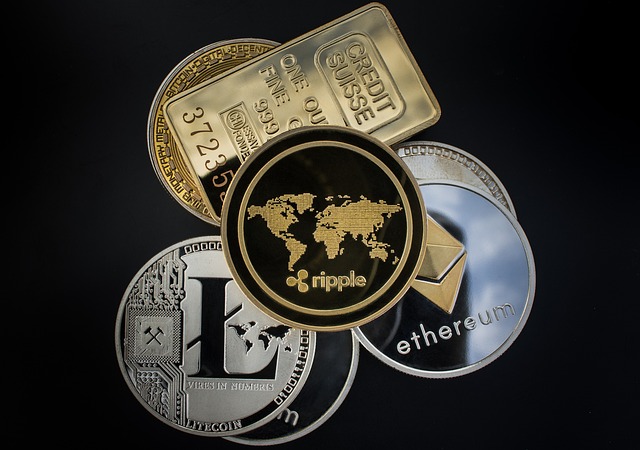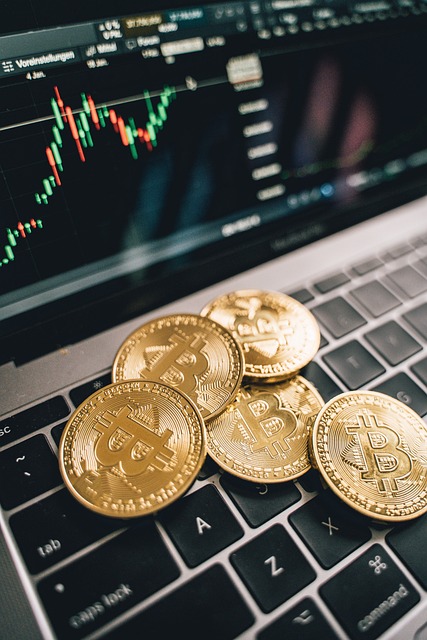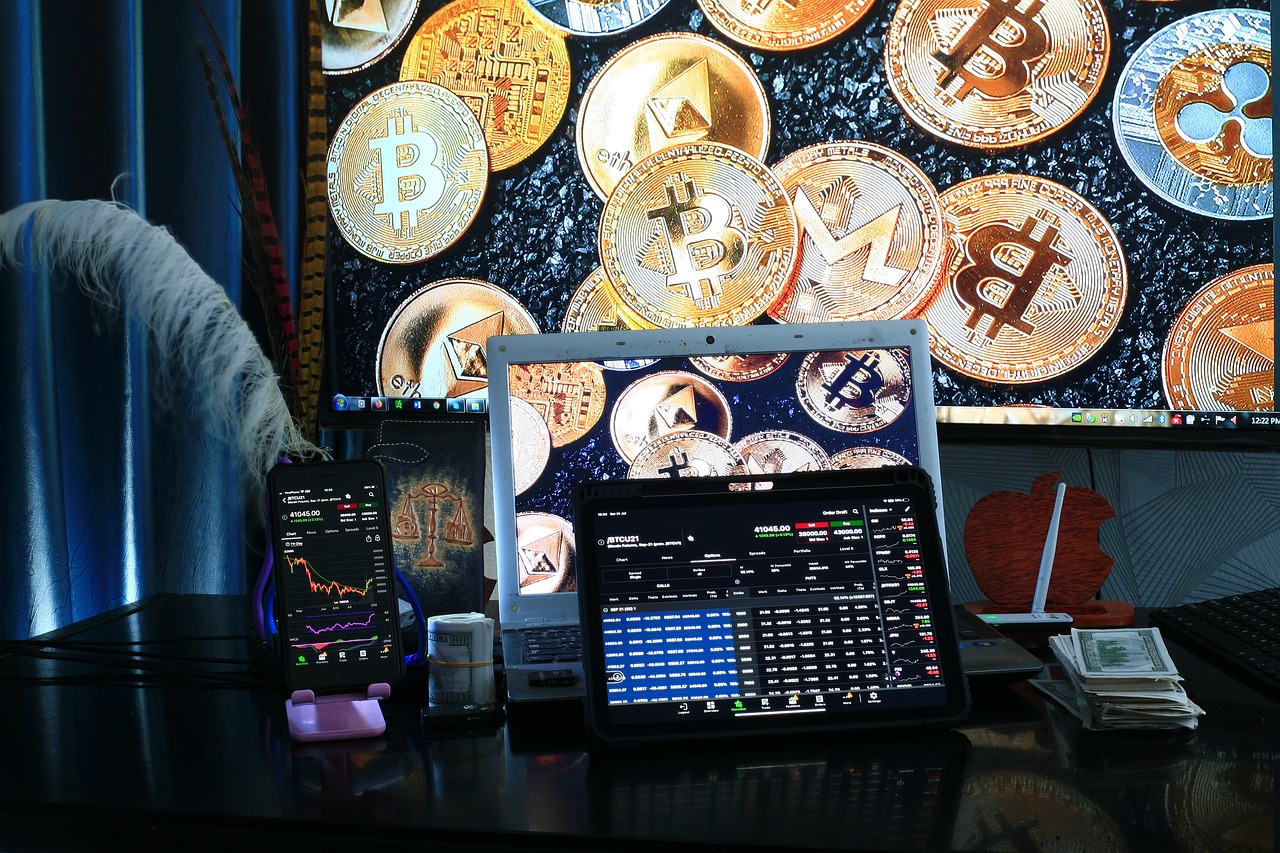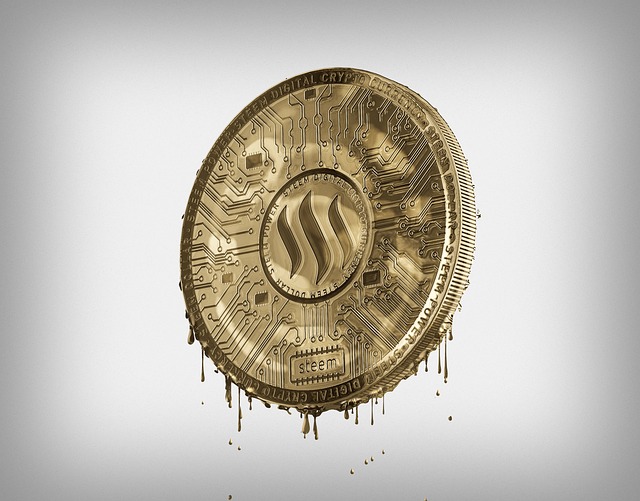For many, it’s the allure of potentially high returns, the 24-hour market, and the opportunity to participate in the global economy from the comfort of their home.
However, there’s often a cloud of doubt that looms over this exciting financial avenue: Is forex trading safe?
Let’s dive into the nitty-gritty and unravel the truth about the safety of forex trading.

Understanding Forex Safety
The Basics: What Is Forex Trading?
Before we get into the safety aspects, let’s clarify what forex trading actually is. Forex, or foreign exchange, involves buying and selling currencies to profit from the changes in their exchange rates. It’s the largest financial market in the world, with a daily trading volume exceeding $6 trillion. Sounds impressive, right?
Common Misconceptions
There are several myths about forex trading that might make you question its safety.
Let’s debunk some of the most common ones:
- “Forex is a scam.”
This is one of the most prevalent myths.
While there are fraudulent schemes out there, forex trading itself is a legitimate and regulated market.
- “It’s only for the big players.” While major banks and financial institutions are key players, individual traders can also participate successfully.
- “You need to be a financial genius.” Anyone with the willingness to learn can trade forex. It’s about strategy and discipline, not just brains.

How to Ensure Forex Is Safe for You
Choosing a Reputable Broker
Your broker is your gateway to the forex market. Hence, selecting a reputable broker is paramount.
Here are some tips to ensure you choose the right one:
- Regulation: Ensure the broker is regulated by a recognized authority like the FCA (UK), CFTC (US), or ASIC (Australia).
- Transparency: Look for brokers who are transparent about their fees, spreads, and policies.
- Customer Support: A good broker offers robust customer support to assist you whenever needed.
Educate Yourself
Knowledge is power, especially in forex trading.
Equip yourself with a solid understanding of the market through:
- Online Courses: Platforms like Coursera and Udemy offer comprehensive forex trading courses.
- Books: “Currency Trading for Dummies” is a great starting point.
- Webinars and Seminars: Many brokers offer free educational resources to their clients.

Practice with a Demo Account
Before diving into live trading, it’s wise to practice with a demo account.
This allows you to:
- Familiarize yourself with the trading platform.
- Test your strategies without risking real money.
- Gain confidence before moving to a live account.
Managing Risks Effectively
Setting Stop-Loss and Take-Profit Levels
One of the critical tools in a trader’s arsenal is the stop-loss order. It automatically closes your trade if the market moves against you beyond a certain point, limiting your loss. Equally important is the take-profit order, which locks in your profit when the market hits a favorable level.
Diversifying Your Portfolio
Don’t put all your eggs in one basket. Diversify your investments to spread risk. Consider trading different currency pairs or investing in other financial instruments like stocks or commodities.
Keeping Emotions in Check
Trading can be an emotional rollercoaster. Fear and greed are your biggest enemies.
To keep your emotions in check:
- Stick to your trading plan.
- Avoid overtrading.
- Take breaks to clear your mind.

FAQs
Is Forex Trading Risky?
Yes, like any investment, forex trading involves risk.
However, with the right strategies and tools, you can manage and mitigate these risks effectively.
How Much Money Do I Need to Start Trading Forex?
You can start trading forex with as little as $100, although a higher initial investment may provide more flexibility and potential returns.
Can I Make a Living Trading Forex?
It’s possible, but it requires significant time, effort, and dedication. Many traders trade part-time while keeping their regular jobs.
Are There Safe Forex Trading Strategies?
Yes, strategies like the carry trade, trend following, and hedging can help manage risks and improve your chances of success.

Conclusion
So, is forex safe? With the right approach, it certainly can be. By choosing a reputable broker, educating yourself, practicing on a demo account, and effectively managing risks, you can navigate the forex market confidently. Remember, knowledge and discipline are your best allies in making forex trading a safe and profitable venture. Happy trading!










